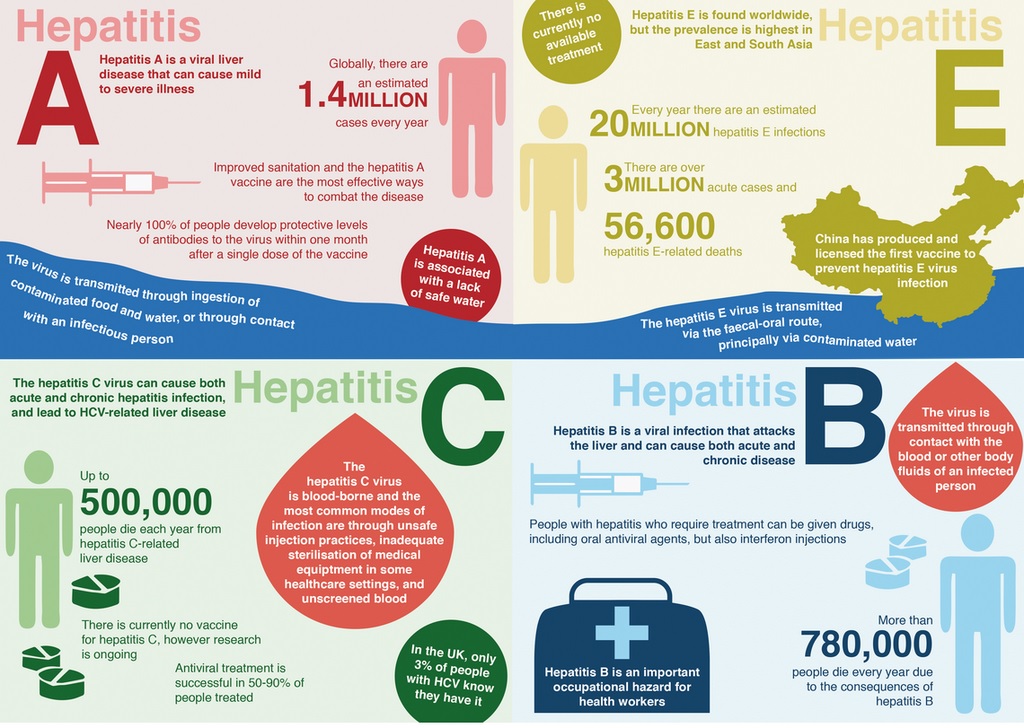Hepatitis C
2020 OCT 6
Preliminary >
Science and Technology > Everyday S&T > Health

Why in news?
- Three scientists share this year’s Medicine Nobel for the discovery and identification of the Hepatitis C virus.
About Hepatitis C:
- Hepatitis C is an infectious disease caused by the hepatitis C virus (HCV) that primarily affects the liver; it is a type of viral hepatitis.
- During the initial infection people often have mild or no symptoms.
- Over many years however, it often leads to liver disease and occasionally cirrhosis and can develop serious complications such as liver failure, liver cancer, or dilated blood vessels in the esophagus and stomach.
Transmission and Prevention:
- HCV is spread primarily by blood-to-blood contact associated with injection drug use, poorly sterilized medical equipment, needlestick injuries in healthcare, and transfusions.
- Using blood screening, the risk from a transfusion is less than one per two million.
- It may also be spread from an infected mother to her baby during birth.
- There is no vaccine against hepatitis C.
- Prevention includes harm reduction efforts among people who inject drugs, testing donated blood, and treatment of people with chronic infection.
- Chronic infection can be cured more than 95% of the time with antiviral medications such as sofosbuvir or simeprevir.
Other Hepatitis virus:
- The Hepatitis A virus spreads mainly through contaminated food and water, and causes a relatively milder form of liver inflammation.
- Hepatitis B is mainly sexually transmitted but may also be passed from mother to baby during pregnancy or childbirth and spread through infected blood.
- Hepatitis D infection is largely restricted to persons at high risk of hepatitis B infection, particularly injecting drug users and persons receiving clotting factor concentrates.
- Hepatitis E is spread mainly by the fecal–oral route due to contamination of water supplies or food.
- Hepatitis A, B, and D are preventable with immunization.
PRELIMS QUESTION
Consider the following statements regarding Hepatitis C virus:
1.It is spread mainly through contaminated water and food.
2.It primarily affects the functioning of Lungs and respiratory system.
Which of the statements given above is/are correct?
(a)1 only
(b)2 only
(c)Both 1 and 2
(d)Neither 1 nor 2
Answer to Prelims Question
